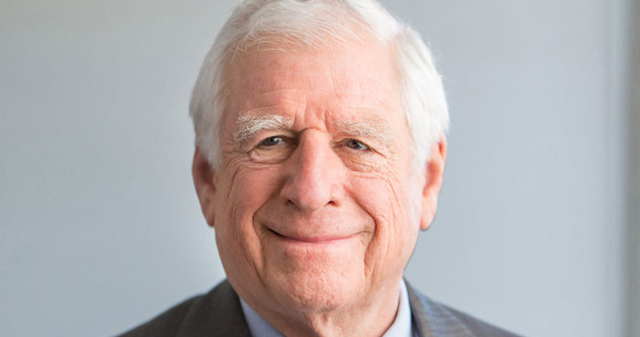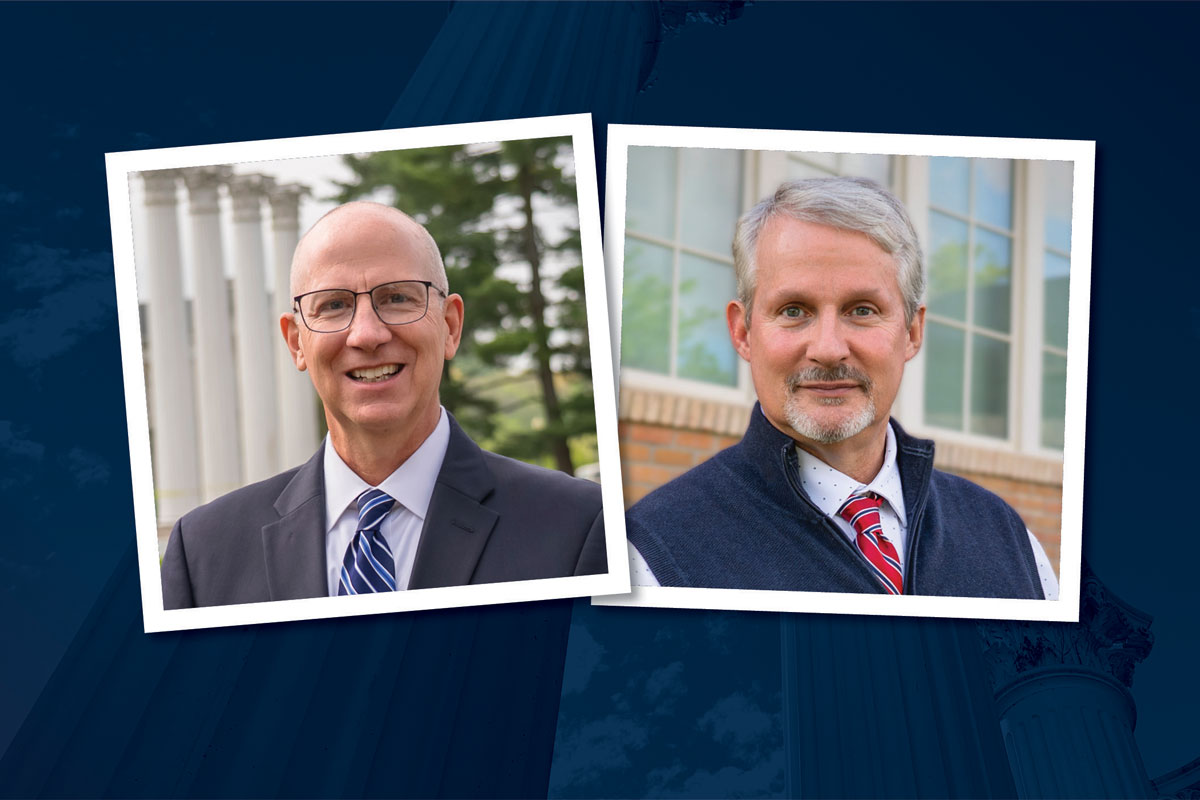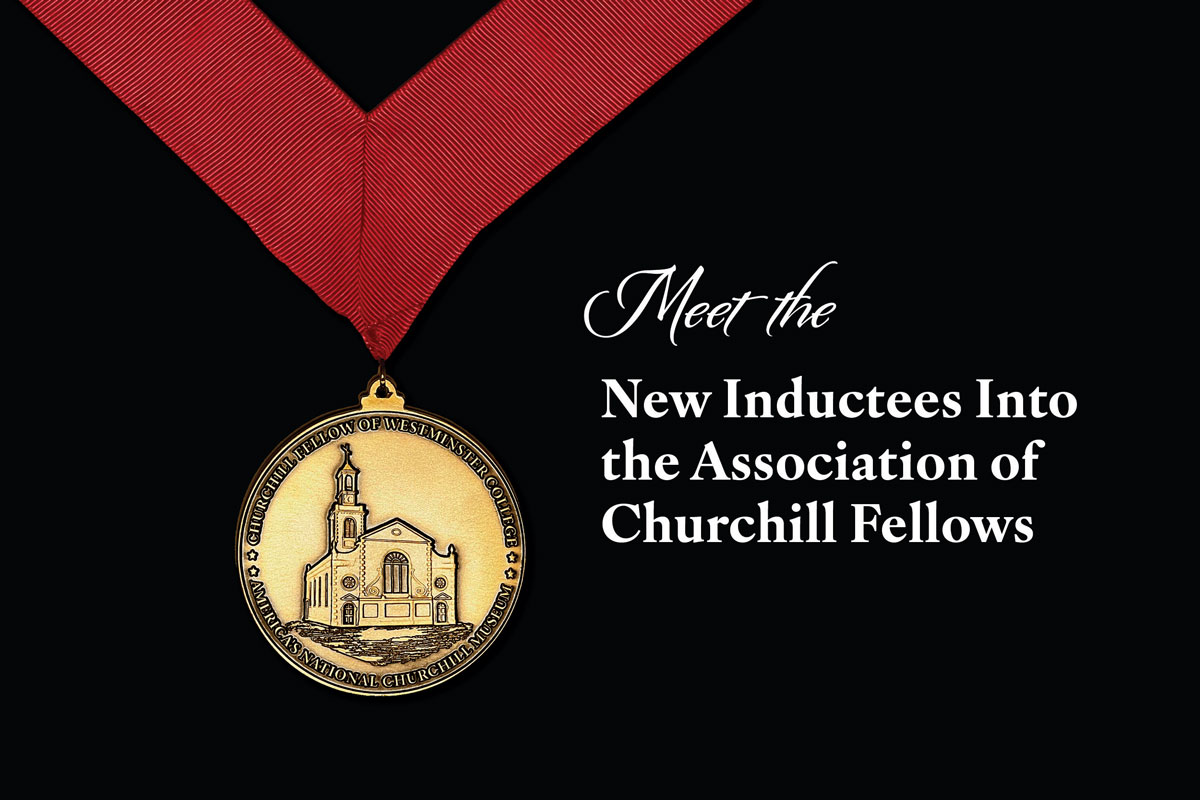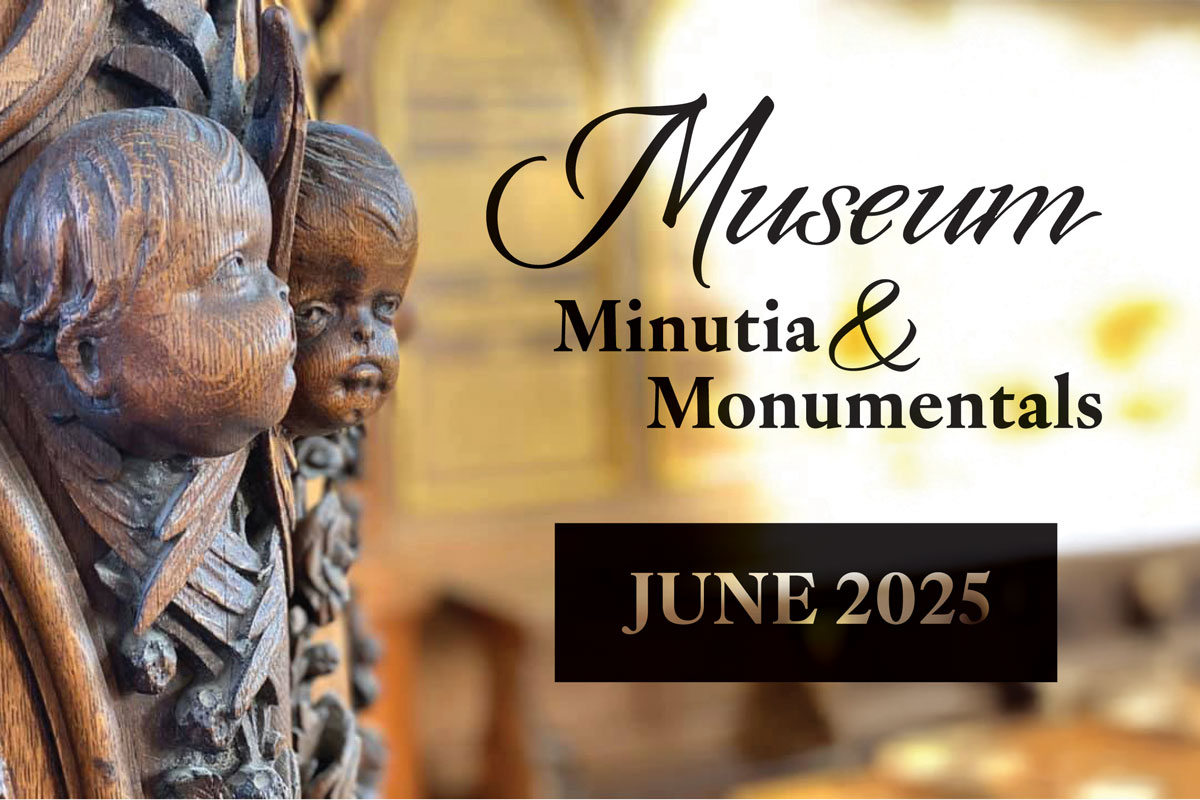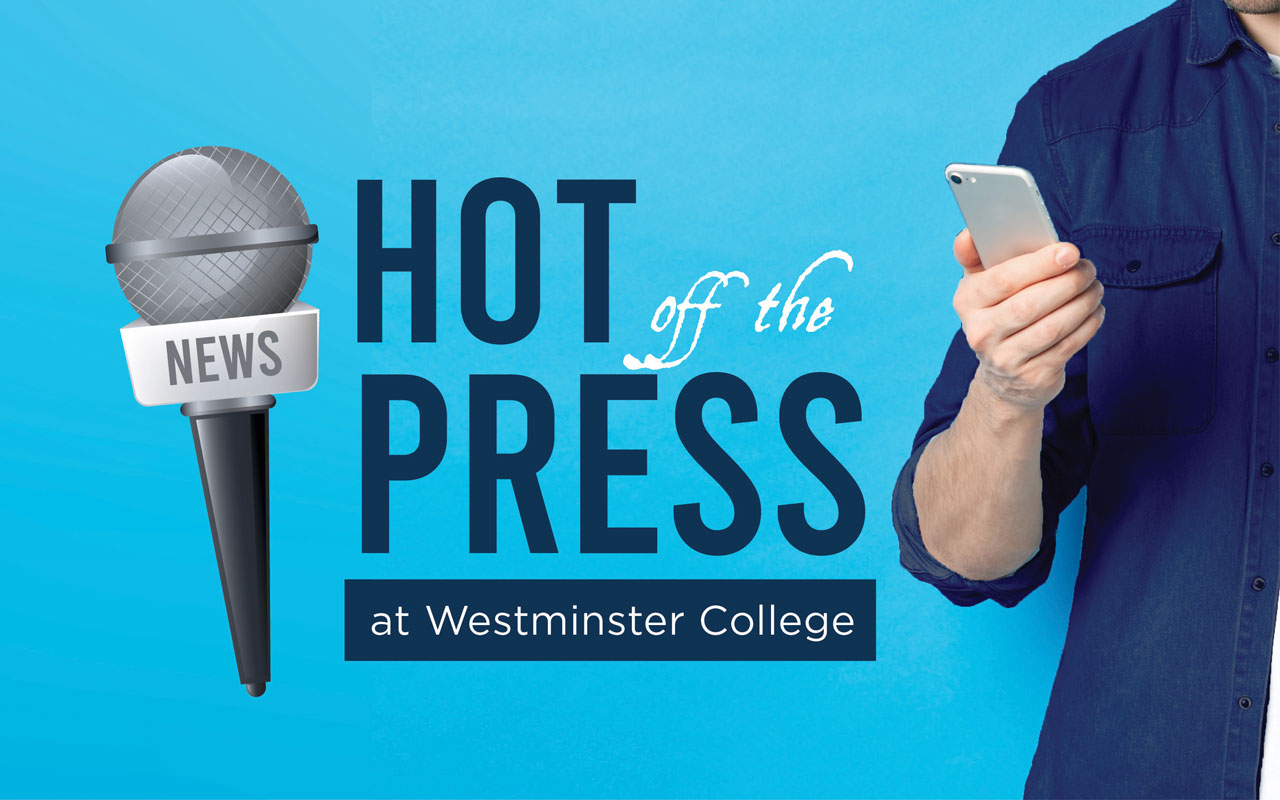Acceptance Remarks by former U.S. Senator and Ambassador to the United Nations John C. Danforth
Churchill Medal for Leadership presentation
Bellerive Country Club • June 8, 2017
There’s a marvelous bronze statue of Winston Churchill outside the British Embassy in Washington, prominently visible as you drive down Massachusetts Avenue. He’s striding forward, flashing his famous “V” for victory, one foot is on embassy grounds, Great Britain, the other foot is on American soil. The symbolism is obvious because in his person, Churchill connected two nations. He was of American and British lineage, and he was an honorary citizen of the United States. More importantly, the statue symbolizes one of Churchill’s central values: the bond between our two peoples. He championed the importance of bridging what divides nations and of strengthening the bonds that hold us together.
His great address at Westminster College is called the “Iron Curtain Speech” for its description of the divide then caused by Soviet domination of Eastern Europe. But Churchill gave it the title, “Sinews of Peace,” which better expressed his central message that post-war peace would depend on free nations uniting against the threat of Soviet aggression. Just as a body is strong when sinews bind its parts together, so peace is possible when nations bind themselves together in a common cause.
The year was 1946, and Churchill had high hopes for the United Nations. He saw its members as each contributing troops and materiel to a single military force capable of maintaining world order. Of course that never happened to the extent dreamed of by Churchill, but free nations working in concert was the essence of his message.
He spoke throughout the speech of the special responsibility of the English-speaking world. He told of our common heritage and values and called for the continuing cooperation of our armed forces. The success of the United Nations would depend on British and American leadership. He predicted the day when there would be common citizenship between the British Commonwealth and the United States.
Sinews of peace, strength created by holding ourselves together. That was Churchill’s message at Westminster College. It was a British message for its time. It’s an American message for all time. It’s about how to relate to our allies abroad and also how to live with one another at home.
Holding ourselves together is, as it has always been, America’s great mission. It’s our motto—e pluribus unum. We are many people from many backgrounds, with many competing interests, and we are one—one indivisible nation. Our Constitution was written to make it so. We would not suppress our differences; we would welcome them, accommodate them, balance them against one another. Everyone would be heard, and by including everyone within our constitutional structure, we would hold ourselves together.
Holding ourselves together was a principle decided by the Civil War. We would not be a fragmented assortment of states free to go their own way. Lincoln never conceded that the South was a separate country. Even in the bloodiest of wars, he insisted that we were one nation. Americans fought for “the Union.” Like a body bound together by its sinews, we are bound together in one union.
This American mission of holding things together is so elementary that in most times, it might escape our attention. But in this year of 2017, we must attend to it because it is under attack both in our relations with allies abroad and in our common life at home.
Abroad, we are doing the opposite of what Churchill advised at Westminster. The Iron Curtain is a thing of the past, but a wall on our southern border is a thing of the future. The German Chancellor questions the future of the American/European relationship. Our British cousins doubt that we can be trusted with sensitive intelligence. The Australian Prime Minister hangs up on our president. Cracks appear in post-war alliances as diplomacy yields to sledge hammer blows of rhetorical bombast.
At home, our one indivisible nation seems to be coming apart. At colleges, speakers are shouted down and chased from campuses. In politics, Congress is at stalemate because party activists won’t permit compromise. Meetings of representatives and constituents are mob scenes. Americans are not a team of rivals. We are rivals without a team.
This new style of politics is just what many say they want. They say they want politicians who will “break things up.” They have their wish. Government is broken. So this is where we are in 2017, and it is entirely wrong. The last thing America needs is politicians who break things up. What America needs is politicians who hold things together.
For peace in the world and for tranquility at home, we must return to fundamental principle. It’s America’s responsibility abroad and purpose at home to hold things together. But in an age of tweets and rants and ratings, the most prominent and persistent voices say just the opposite. They have found that rage is the way to win an audience and energize the base. Insult is the road to electoral and media success.
Against all this destructive racket, there must be other prominent and persistent voices that insist that America must build alliances and champion unity. From whom would these voices arise? Why, from all of us, from good American citizens who want to live in a world of peace and a nation of tolerance.
It would be good if our voices would rise spontaneously, but that is unlikely. We will need a center that will organize our thinking and speaking about this fundamental principle.
I have a nominee for where such a center should be. I think it should be at the center of our country. I think it should be where Churchill spoke of the sinews of peace, where he challenged us to hold things together. Wouldn’t that be a great mission for the National Churchill Museum at Westminster College—not just to honor a famous man and recall a past event, but to call us to a future worthy of what we are and who we must be?
Former Sen. John C. Danforth has served as a three-term U.S. Senator from Missouri, U.S. Ambassador to the United Nations, Special envoy for peace in Sudan; Special U.S. Counsel in the Branch Davidian investigation, and Missouri Attorney General. He is currently a Partner at Dowd Bennett LLC in St. Louis. He is a Churchill Fellow of Westminster College and the recipient of the National Churchill Museum’s Churchill Medal for Leadership.
This is the editorial account for Westminster College news team. Please feel free to get in touch if you have any questions or comments.

